Greek Herb Gardening: Information On Common Mediterranean Herb Plants
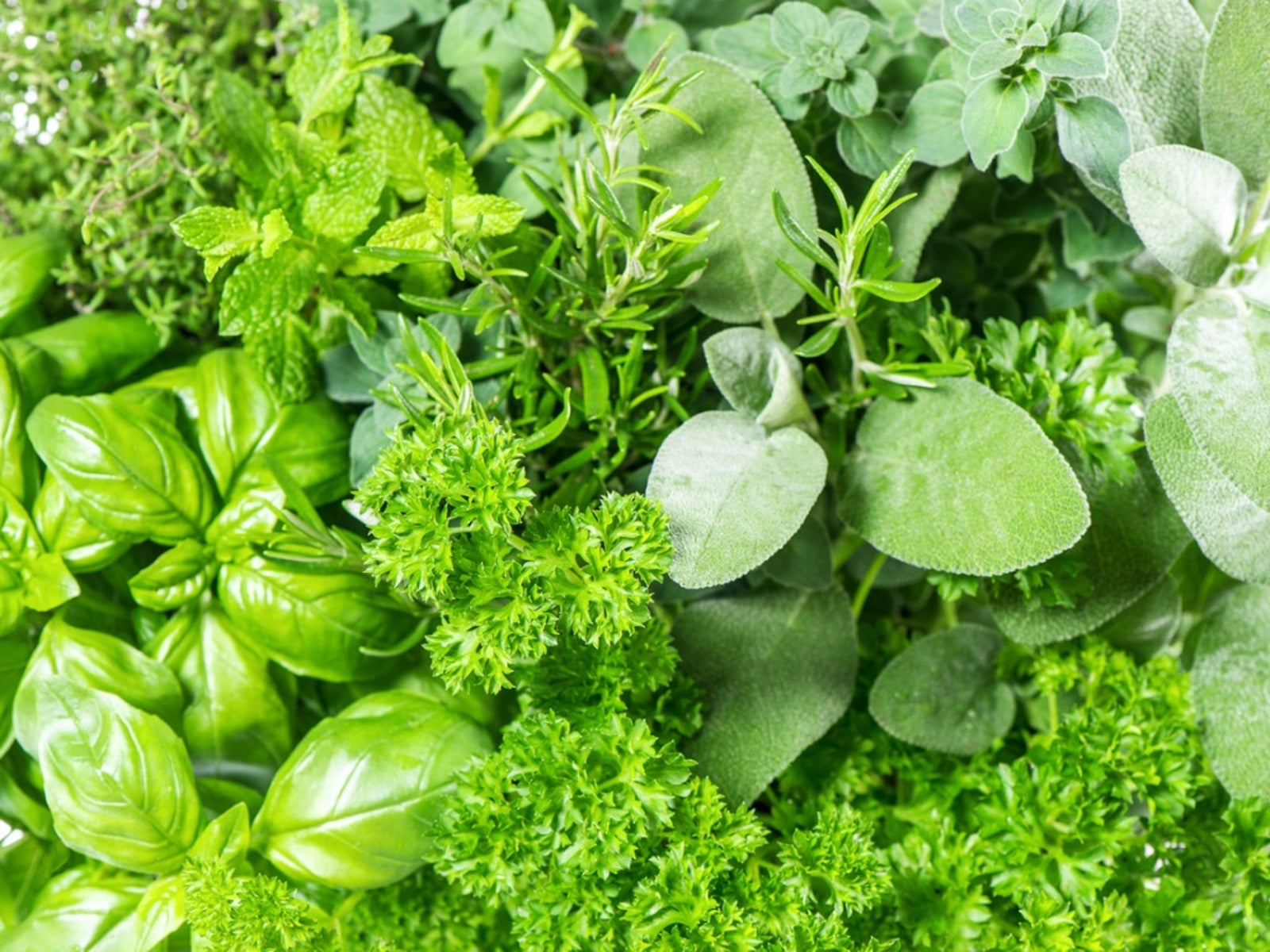
Theophrastus was an ancient Greek known as the father of botany. In fact, the ancient Greeks were quite adept and knowledgeable regarding plants and their uses, specifically herbs. Mediterranean herb plants were commonly cultivated for daily use during the tenure of this ancient civilization. Growing Greek herbs were used fresh or dried in powders, poultices, ointments and tinctures to treat a variety of physical ailments. Medical issues such as colds, swelling, burns and headaches were all treated using Mediterranean herb plants. Herbs were often incorporated in incense and were the main component of aromatherapy oils. Many culinary recipes included the use of herbs and gave rise to the common practice of ancient Greek herb gardening.
Mediterranean Herb Plants
When Greek herb gardening, a number of herbs may be included in the herb plot such as any of the following:
- Calendula
- Lemon balm
- Dittany of Crete
- Mint
- Parsley
- Chives
- Lavender
- Marjoram
- Oregano
- Rosemary
- Sage
- Santolina
- Sweet bay
- Savory
- Thyme
Many herbs imparted specific qualities. For instance, dill was thought to be a harbinger of wealth, while rosemary increased memory and marjoram was the source of dreams. Today, one might definitely include basil in the Greek herb garden, but the ancient Greeks omitted it due to a superstitious belief about the plant. The traditional Greek herb garden itself consisted of wide pathways bisecting various plots of herbs. Each herb had its own section of the garden and was often grown on raised beds.
Growing Greek Herbs
Plants common to the Mediterranean herb garden thrive in that region's warm temperatures and dry soil. The home gardener will have the most success with a good quality well-draining potting soil. Place the herbs in full sun and fertilize, especially if the herbs are contained in pots, with some all purpose fertilizer once a year or so. Potted herbs will require more consistent watering than those in the garden. A good dousing once a week is probably sufficient; however, keep an eye on the pot and use your finger to check for dryness. Mediterranean herbs can handle a lot of water, but don't like to get their feet wet, so well draining soil is crucial. In the garden plot, once established, most herbs can be left without much irrigation; however, they are not desert plants and do need some during extended dry periods. That said, most Mediterranean herbs are drought tolerant. I said “tolerant” as they will still need some water. Mediterranean herbs primarily need full sun -- as much as they can get, and warm temperatures to stimulate the essential oils that impart their wonderful flavors and fragrances.
Gardening tips, videos, info and more delivered right to your inbox!
Sign up for the Gardening Know How newsletter today and receive a free copy of our e-book "How to Grow Delicious Tomatoes".

Amy Grant has been gardening for 30 years and writing for 15. A professional chef and caterer, Amy's area of expertise is culinary gardening.
-
 Get Ready For A Summer Of Hummers! Grow These Full Sun Hummingbird Plants and Flowers
Get Ready For A Summer Of Hummers! Grow These Full Sun Hummingbird Plants and FlowersIf you’re lucky enough to enjoy a sunny backyard, make sure you are maxing out on your pollinator opportunities and grow these full sun hummingbird plants and flowers
By Tonya Barnett
-
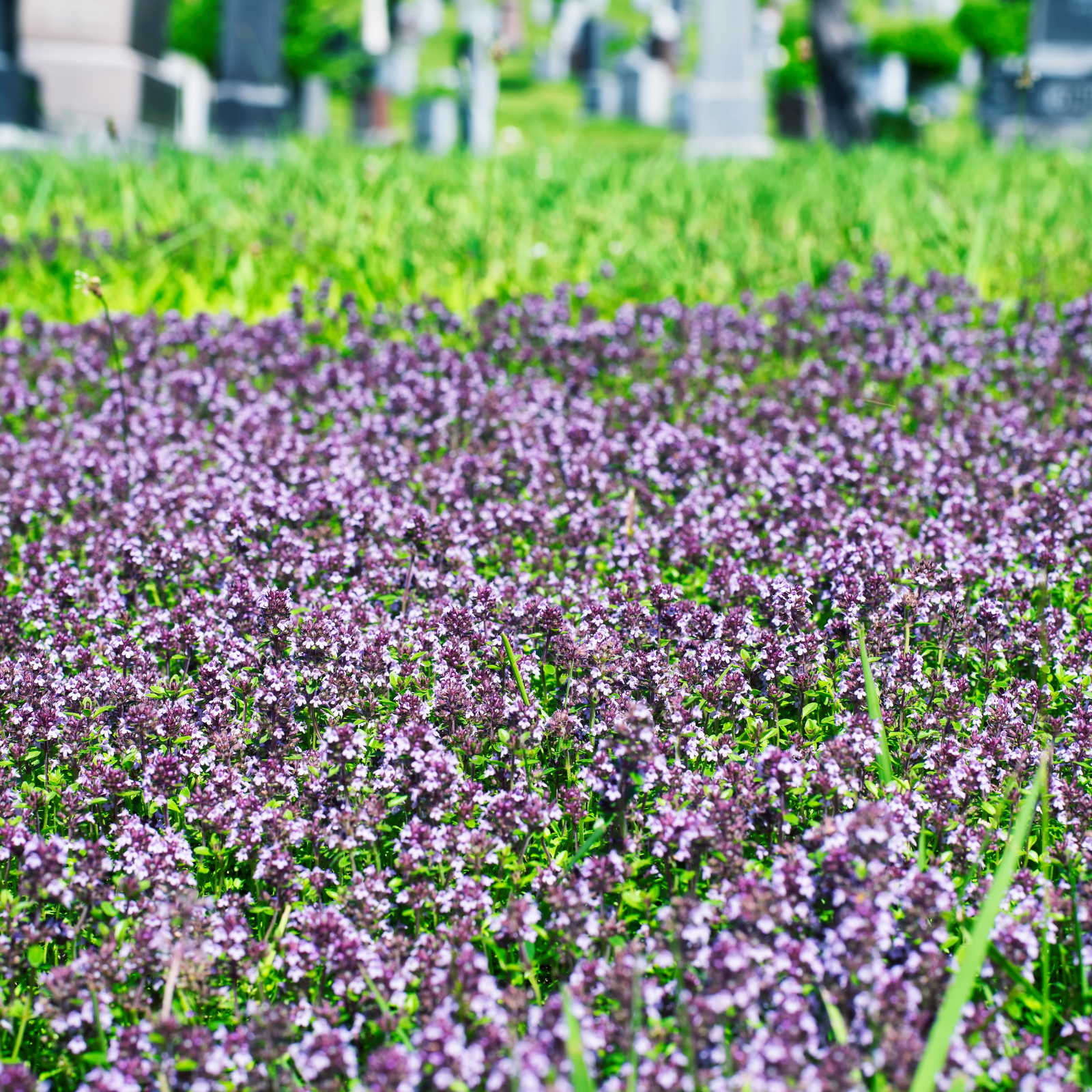 12 Lush Alternatives To A Lawn For Sustainable Spaces
12 Lush Alternatives To A Lawn For Sustainable SpacesAlternatives to a lawn are beautiful and also beneficial to your local ecosystem and its pollinators. Explore our top picks for plants to replace grass.
By Tonya Barnett
-
 Grow Tasty Herbs For Roast Turkey In Your Garden
Grow Tasty Herbs For Roast Turkey In Your GardenCan you season your turkey with herbs you grow in your own garden? Yes! Click to learn more.
By Amy Grant
-
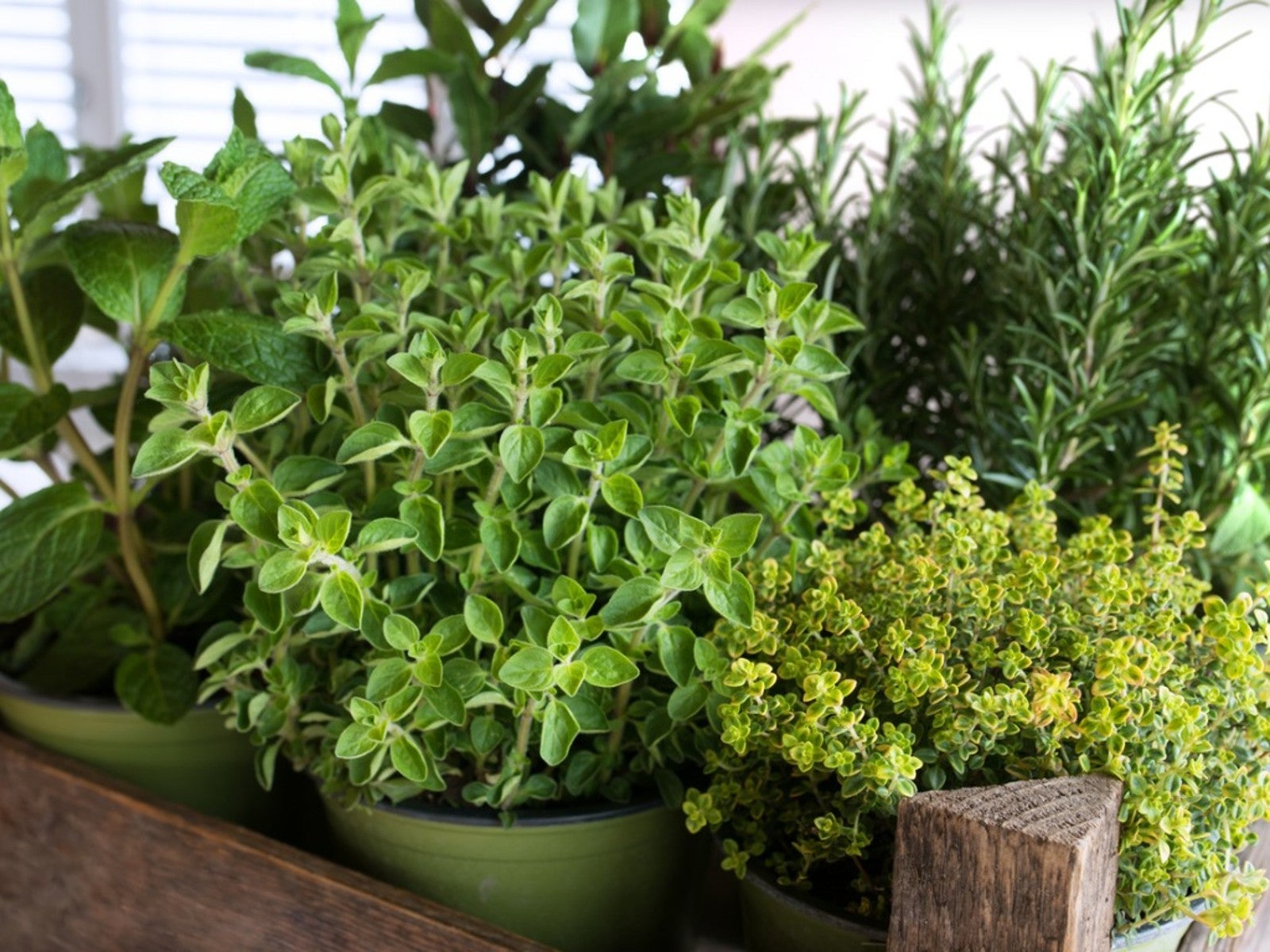 10 Easy Herbs For Beginners
10 Easy Herbs For BeginnersIf you’re new to herb growing, there are some perfect beginner herbs that are low maintenance and easy. Here are our top ten.
By Mary Ellen Ellis
-
 How To Make A Rain Gutter Herb Garden
How To Make A Rain Gutter Herb GardenOne really fun look outside the box is a hanging rain gutter herb garden. A gutter planter is a unique way to house and showcase plants.
By Bonnie L. Grant
-
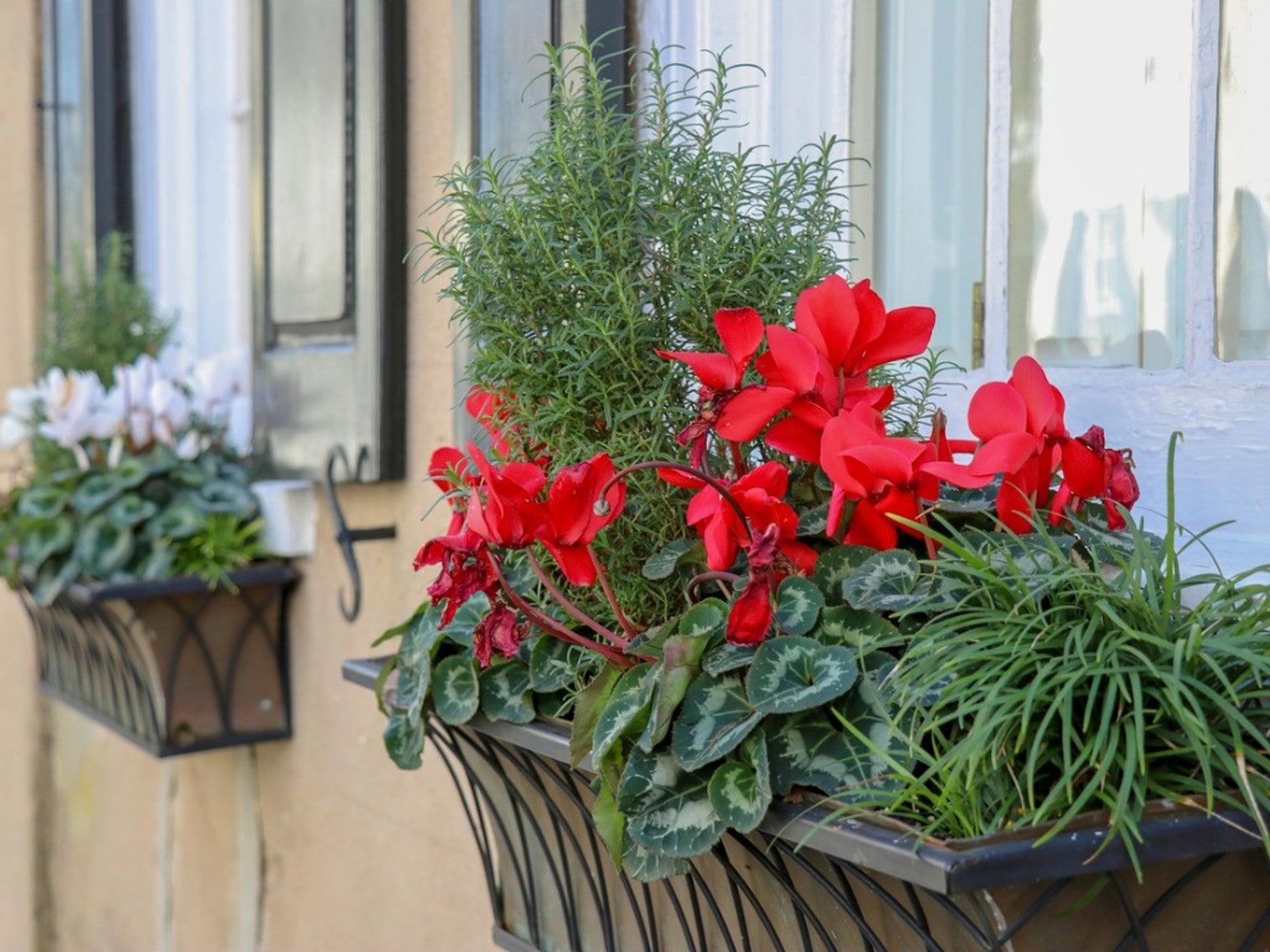 Grow A Beautiful, Edible Herb Window Box
Grow A Beautiful, Edible Herb Window BoxGrowing herbs in window boxes is a space-saving method for producing culinary ingredients for kitchen use. Click for more.
By Laura Miller
-
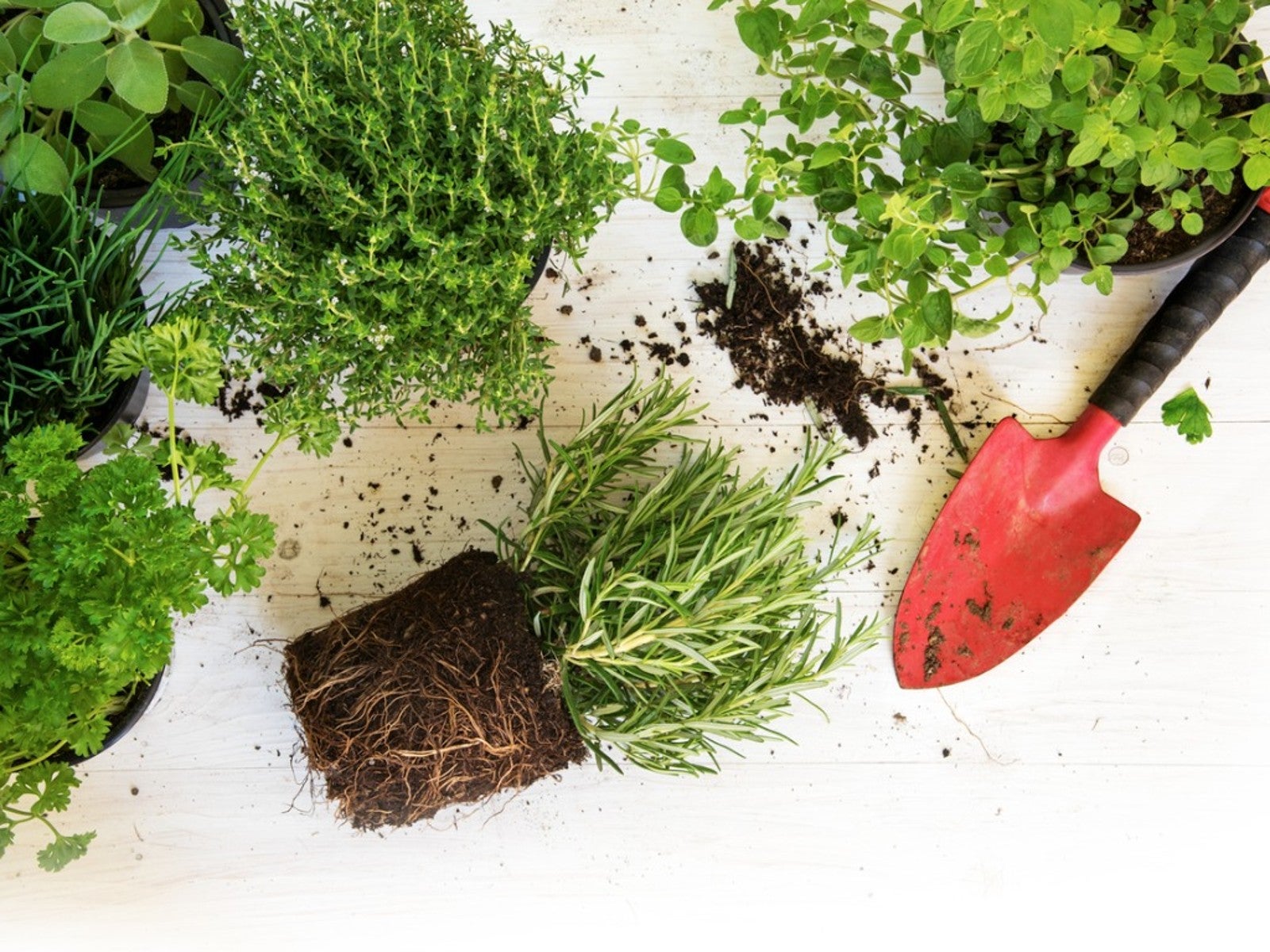 Best Herbs To Direct Sow Vs. Start Indoors
Best Herbs To Direct Sow Vs. Start IndoorsKnowing when to buy herb plants or start them from seeds or cuttings is essential to your success. Read on to learn more.
By Laura Miller
-
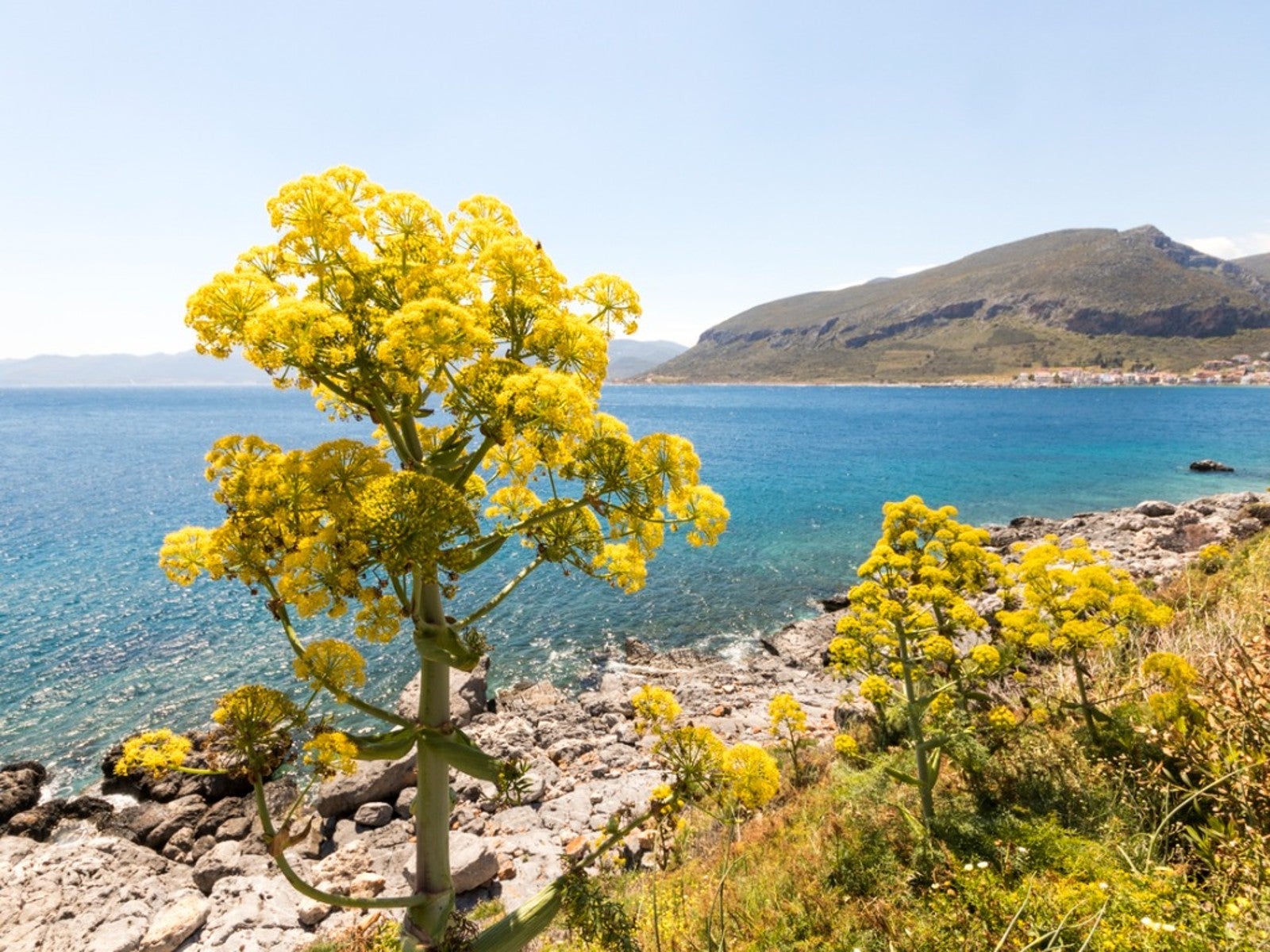 Learn About The Highly Prized Silphium Herb
Learn About The Highly Prized Silphium HerbWhat if there was a perfect plant? In ancient times such a treasure existed. It was the silphium plant.
By Laura Miller
-
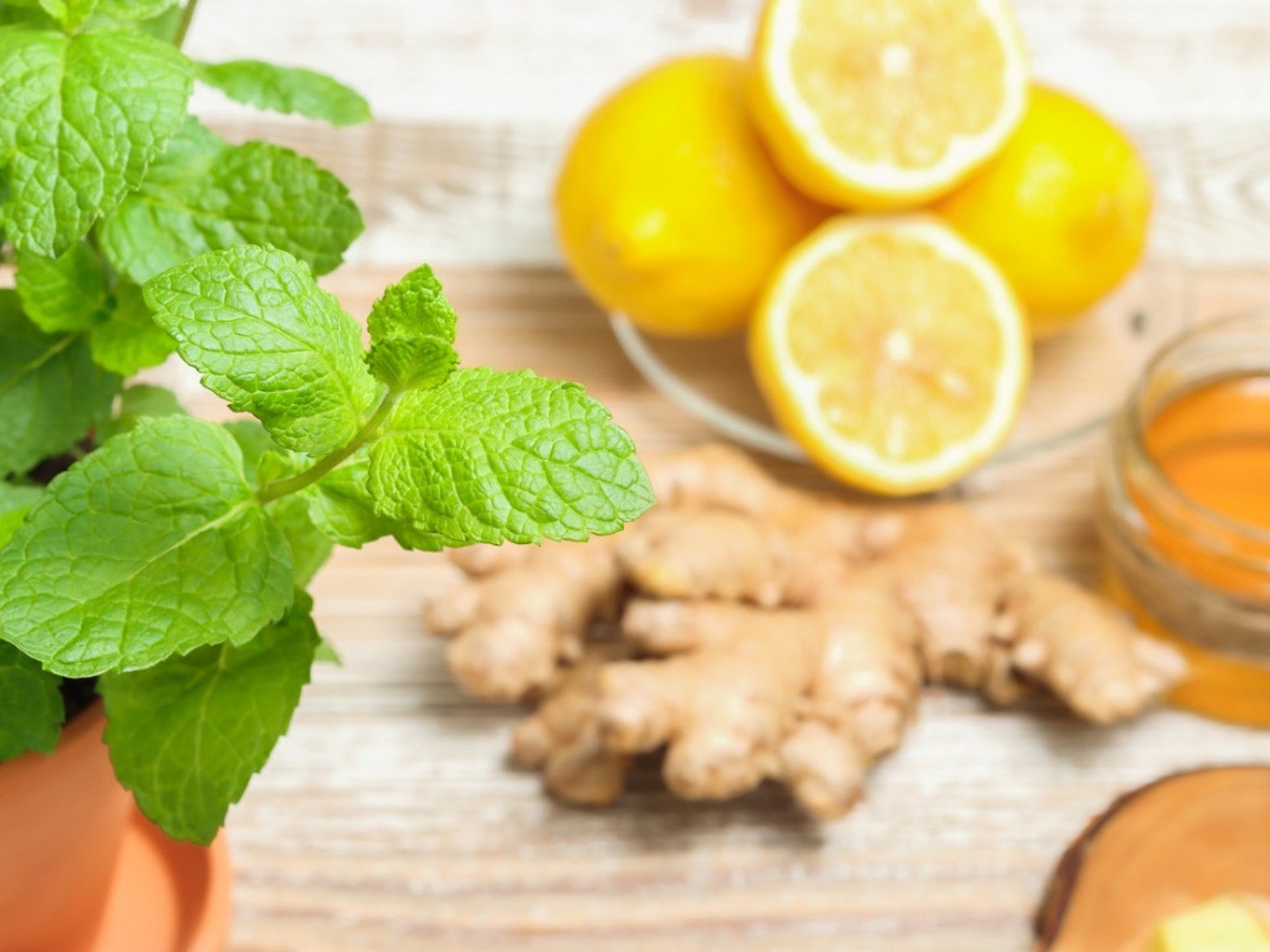 Grow Healing Herbs Indoors: Combat Winter Illness With A Medicinal Garden
Grow Healing Herbs Indoors: Combat Winter Illness With A Medicinal GardenIf you are growing medicinal plants at home, did you know you also can grow an indoor medicinal herb garden? Read on for more.
By Susan Albert
-
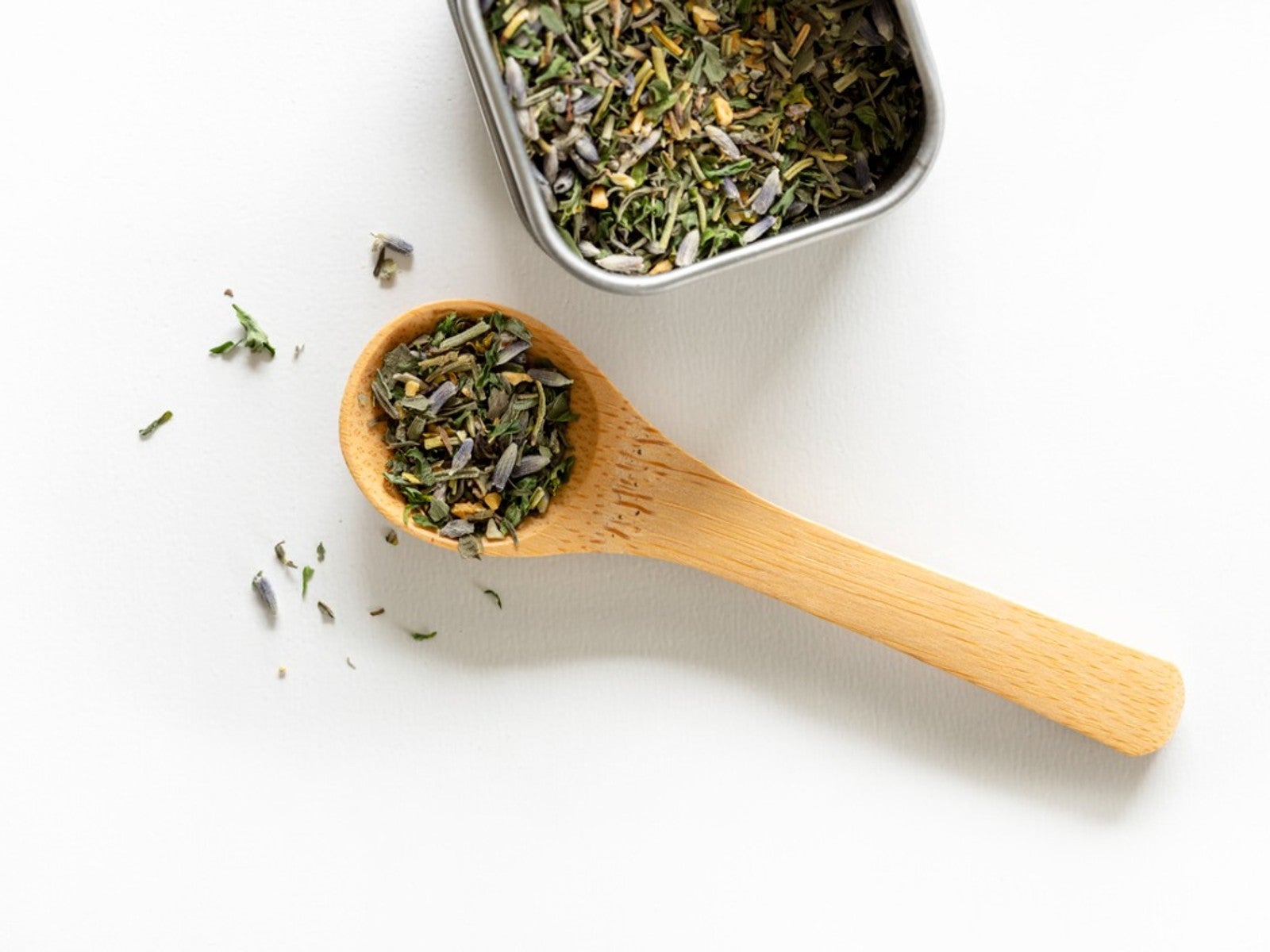 Grow Your Own Herbes De Provence - How To Grow, Dry, And Store Herbs
Grow Your Own Herbes De Provence - How To Grow, Dry, And Store HerbsHomemade gifts can add that special touch to any occasion, such as a jar of herbes de provence. Click here to learn how to grow and make your own for gifting.
By Laura Miller